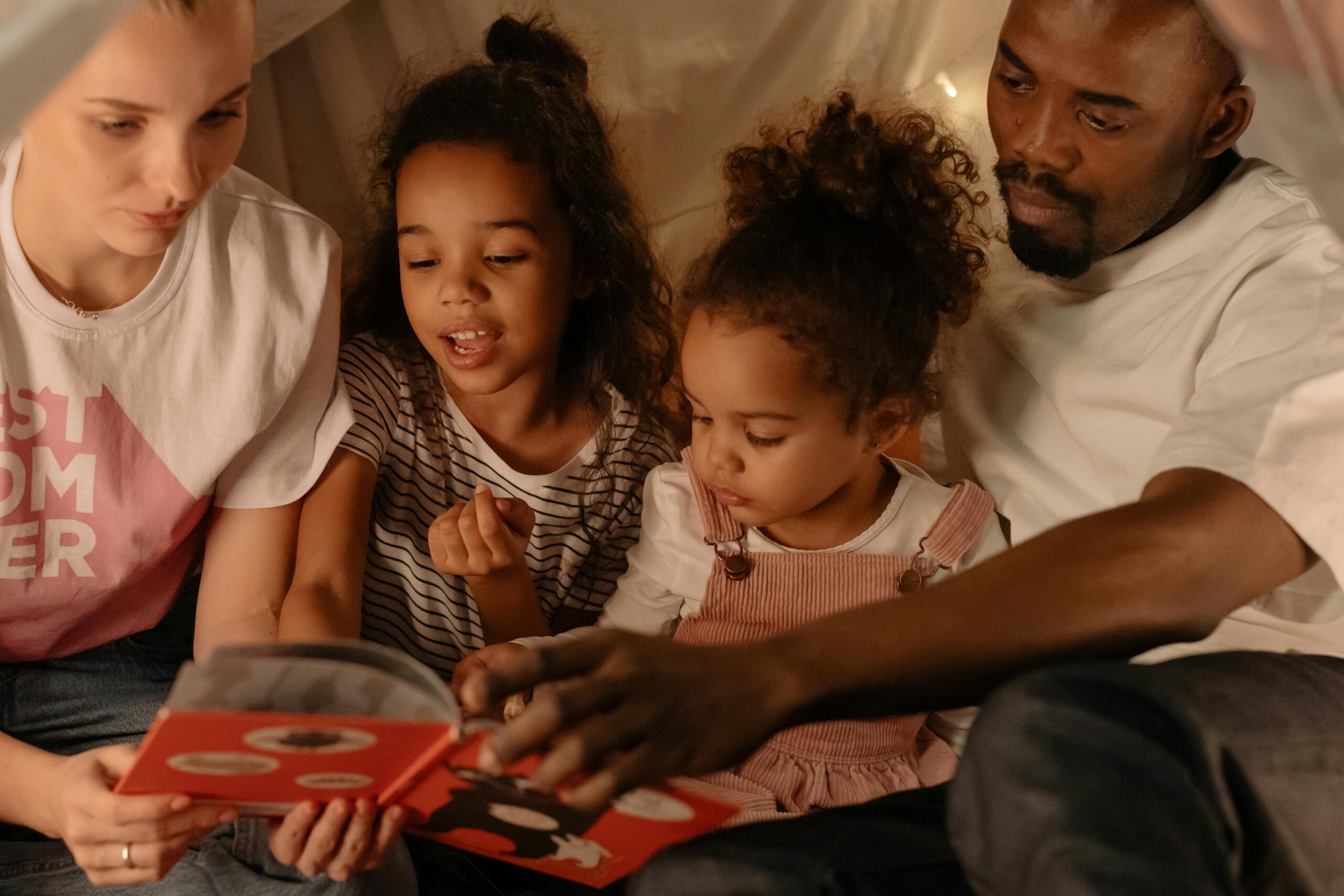
Taking Advantage of Natural Junctions in the Day with Your Kids
By Tim Elmore
__
I know, I know. Your days each week are crazy. You’re busy. Your kids are busy. And often, family times are reduced to eating chicken nuggets in the minivan while on your way from piano lessons to soccer practice.
__
Years ago, my wife, Pam, and our daughter, Bethany, dropped me off at the airport for yet another trip I would take that month. Bethany was only three at the time, and when she looked at the crowded airport, she said to me, “Dad—do you live here?”
__
That’s when I knew I had to be more intentional about my family time.
__
The Invaluable Lesson I Learned
I was serving under John Maxwell’s leadership during that season. I started in 1983 and have served somewhere next to him since then. As he and I noticed our need for a plan to lead our families well, I had an epiphany. The answer was not to prioritize our schedule but rather to schedule our priorities. We had to take advantage of the times we naturally have in our days at home. For me, I began to leverage four natural junctions:
__
- Mealtime
- Morning Time
- Bedtime
- Drive Time
__
Let’s face it. These four daily periods are often wasted instead of redeemed for growth and helpful conversation. The key is to use each junction to serve a function! Years ago, my friend Reggie Joiner reminded me that parents can serve different roles during different times of the day. At bedtime, for example, we can naturally play the role of counselor. My kids were much more vulnerable with me at bedtime. At mealtime, we can serve as a teacher, debriefing the day and making sense of what happened. During drive time, we can serve as a friend, listening to and discussing what the song lyrics mean and how they should or should not shape our worldview. Finally, morning time is perfect for playing the role of a cheerleader, encouraging them to be prepared to serve others that day.
__
Let me offer some questions for conversation at each of these junctions:
__
- At bedtime: Did anyone hurt your feelings today? Did you hurt anyone else’s? Did you have any opportunities to forgive someone?
- At mealtime: What’s the best thing that happened today? How about the worst? Did you have a chance to solve a problem for someone? What did you learn?
- At drive time: What do you think of the song lyrics we listened to? What’s your favorite song, and why? Do you think most kids feel selfish or helpful to others?
- At morning time: I want you to find one person you could serve or encourage today and do it. Let me know what happens tonight.
__
Over time, being intentional meant taking each of my kids out on dates and talking specifically about the topics that interested them. It meant going on trips, even service trips, where they would learn from others and sometimes serve those strangers in that foreign place. It meant welcoming people into our home and teaching our kids what it means to host others experientially. Finally, it meant reading books together.
__
Which is what drove me to create a book for this very purpose.
__
I Can’t Wait!
I’ve been collecting and curating such stories for years and placed them in a book called: “I Can’t Wait: 52 Stories of Kids Who Changed Their World…That You Can Discuss Together.” These short stories make up 52 chapters, one a week for an entire year. They include discussion questions and a link to a video about the young person in that chapter. They’re about people, ages five to twenty-four, who stepped up and did something rather than “veg” on the sofa, binging Netflix shows or watching TikTok videos.
__
Consider what your family might look like if once a week if one of these stories provided a great spark for conversation. The stories will inspire and amaze both kids and adults. Ann was a teen who invented a flashlight that doesn’t require batteries or electricity. It is powered by the body heat of your hand. She designed it for a friend in the Philippines who couldn’t do her homework at night since she had no electricity. Louie was a kid who accidentally blinded himself with a tool from his dad’s shed. When he began attending a school for the blind, he noticed they used a pitiful system for reading. This kid, Louie Braille, developed a system of reading for the blind that people now use worldwide. What’s more, Louie used the very tool that blinded him to create the raised dots in his system. His problem became a possibility.
__
These stories will spark leadership insights for your kids. And who knows? Maybe reading them in those daily junctions will serve a leadership development function.
__






